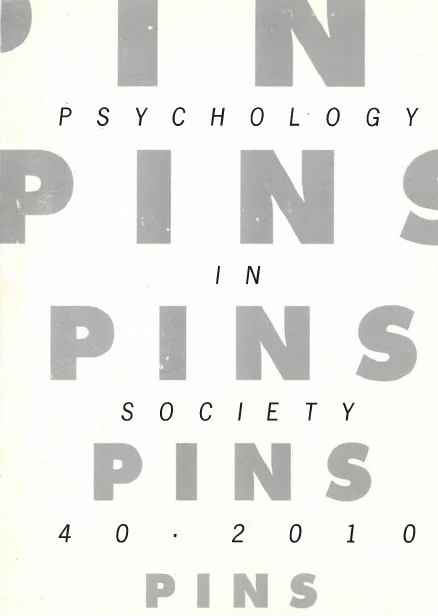CONFRONTING FOND MEMORIES OF APARTHEID
DOI:
https://doi.org/10.17159//2309-8708/2010/n40a7Abstract
Dlamini, Jacob (2009) Native nostalgia. Auckland Park: Jacana. ISBN 978-1-77009-755-1. Pages 169.
Being nostalgic for apartheid in post-apartheid South Africa is frequently equated with being politically insane and morally questionable. In his recent book, Native nostalgia, Jacob Dlamini seeks not only to retrieve memories of the struggle against apartheid - memories that would be quite compatible with the anti-apartheid, post-apartheid national narrative - but to describe his nostalgia for apartheid itself, including life within the very instruments of the apartheid regime. Dlamini remembers his childhood in Katlehong, an apartheid township on the East Rand, positively, recalling scenes related in complex ways, to Bantu Education, ethnic radio, the relative order of the apartheid township and the Afrikaans language. These are memories, as Dlamini notes, which run contrary to the accepted notion that under apartheid, all blacks only suffered, and suffered in the same way.
Downloads
Downloads
Published
How to Cite
Issue
Section
License
This journal is an open access journal, and the authors' and journal should be properly acknowledged, when works are cited.
Authors may use the publishers version for teaching purposes, in books, theses, dissertations, conferences and conference papers.
A copy of the authors’ publishers version may also be hosted on the following websites:
- Non-commercial personal homepage or blog.
- Institutional webpage.
- Authors Institutional Repository.
The following notice should accompany such a posting on the website: “This is an electronic version of an article published in PINS, Volume XXX, number XXX, pages XXX–XXX”, DOI. Authors should also supply a hyperlink to the original paper or indicate where the original paper (http://www.journals.ac.za/index.php/pins) may be found.
Authors publishers version, affiliated with the Stellenbosch University will be automatically deposited in the University’s’ Institutional Repository SUNScholar.
Articles as a whole, may not be re-published with another journal.
The copyright of the article(s) lies with the author(s).
The copyright of the journal lies with PINS-psychology in Society.
The following license applies:
Attribution CC BY-NC-ND 4.0 - https://creativecommons.org/licenses/by-nc-nd/4.0/

